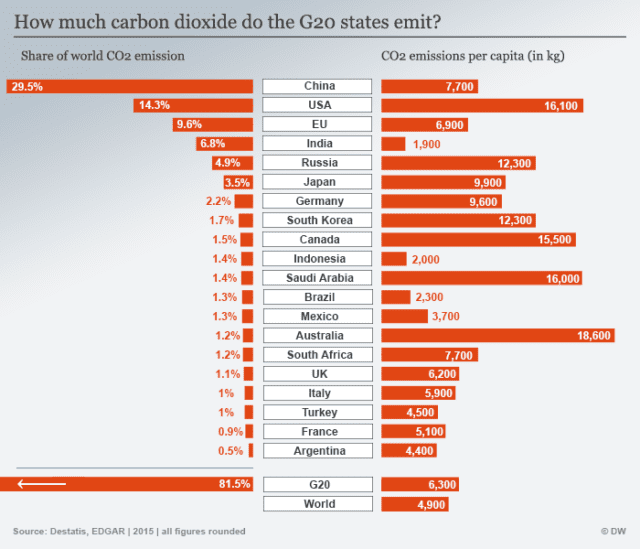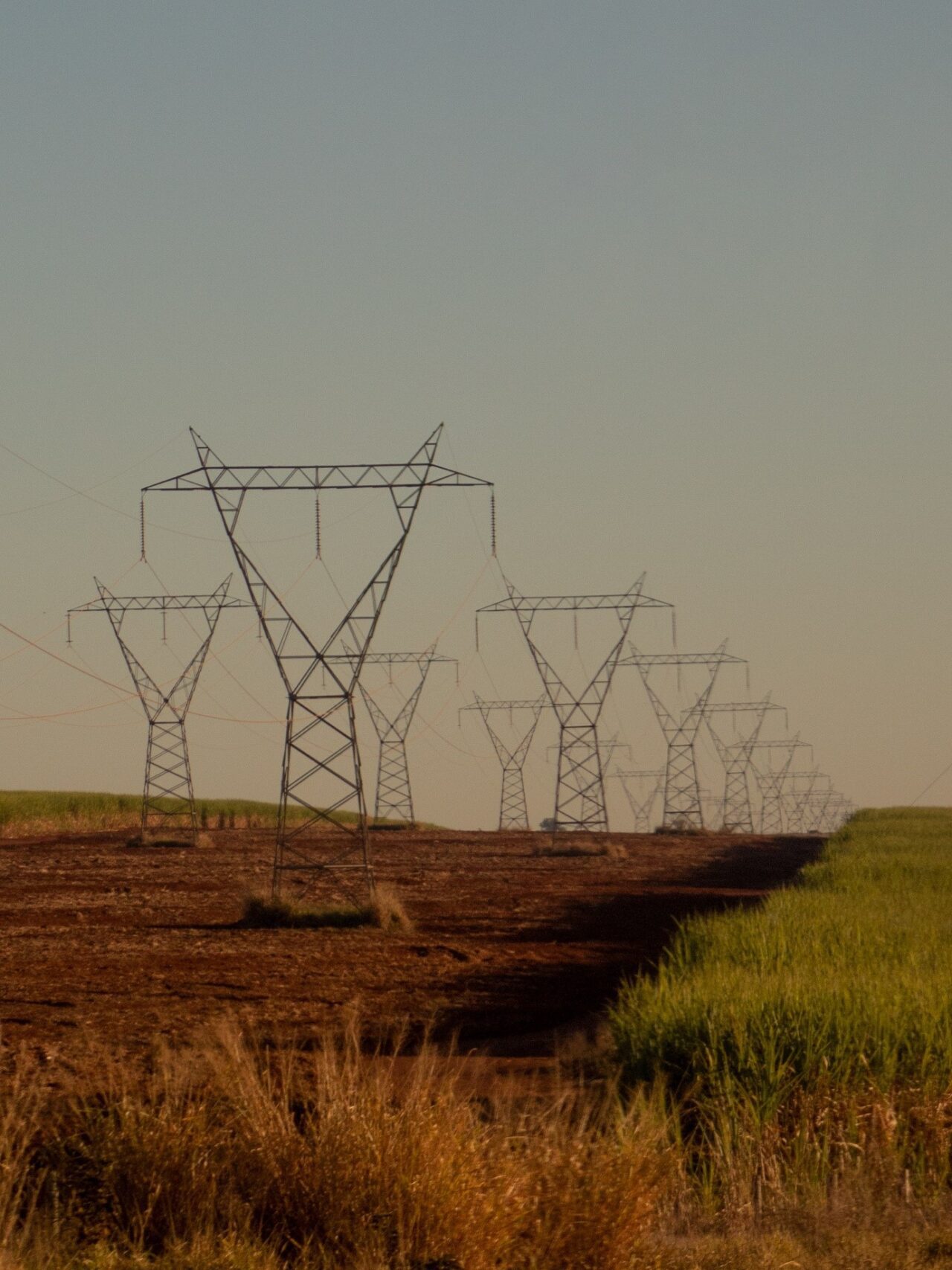The move by the United Kingdom to commence a fresh round of oil and gas extraction in the North Sea has sparked strong criticisms from climate advocates and activists. The pushback is not tempered by the government’s argument that its decision to hand out hundreds of licenses is predicated on the need to ensure energy security and harness reserves that promise lower carbon emissions compared to imports from ‘hostile’ states and other jurisdictions. As the debate rages on whether or not the Tory government is simply doubling down on its perceived lethargy on net zero, it is helpful to look further afield on the matter of energy security.
At the meeting of G20 Climate Ministers held in Chennai, India, last month, delegates could not reach a consensus on fossils fuelling backlash from scientists and campaigners who are frustrated with the slow response of the group of the world’s biggest emitters to combat global warming. These countries are known to account for over 80% of global emissions.

Source:Deutsche Welle-2015 data showing CO emission of G20 countries
Fossils still hold the aces…
Despite the increasing occurrence of devastating weather events such as wildfires, floods, and heatwaves sweeping through Europe, Canada, the US, and other parts of the world, the outcome of that meeting left many disappointed. The blame was laid on energy security. The heavy reliance on fossil fuels, including coal, oil, and gas, has remained a major impediment anchored on the need to safeguard national interest anchored on energy stability. For decades, fossil fuels have played a crucial role in powering economies, providing employment, and generating government revenue through taxes and royalties. The economic dependence on fossil fuels has grown significantly over the past century, with consumption increasing around eight-fold since 1950 and doubling since 1980. Since the Industrial Revolution, fossil fuels have been the driving force behind technological, social, and economic progress, unlocking new energy resources and promoting development across the globe. As of 2019, an overwhelming 84% of global primary energy came from coal, oil, and gas, with oil being the dominant energy source for the transport sector. Electricity, a component of total energy consumption, heavily relies on coal, which remains the largest global source of generating power. Although fossil fuels account for a smaller share of electricity production compared to the entire energy matrix, they still constitute around 64% of global electricity generation. However, this reliance comes at a steep cost. While coal has been a critical energy source for centuries, the urgent need to combat climate change and mitigate its debilitating impacts has prompted calls for transitioning away from this heavily polluting fuel. To achieve a sustainable and cleaner energy future, the world needs to rapidly reduce its dependence on fossil fuels. However, phasing out these polluting sources requires a concerted effort to displace them with low-carbon alternatives. Investing in renewable energy technologies, implementing supportive policies, and promoting energy efficiency. This transition will not only address climate change but also safeguard human health from the harmful effects of air pollution.
Energy security is the cog in the wheel…
Energy security is a top priority for any nation, and G20 countries are no exception. As the world strives to combat the pressing challenges of climate change and the transition to cleaner and sustainable energy sources, energy security concerns have emerged as a significant barrier holding back leaders from fully phasing out fossil fuels. These concerns encompass a range of issues that affect the reliability, availability, and affordability of energy, creating hesitancy among world leaders to make the crucial shift towards greener alternatives. One of the primary energy security concerns revolves around the probabilities of interruptions and price volatility. Currently, the global supply of oil and gas is heavily concentrated in a handful of low-cost producers with relative levels of carbon footprints. This dependency on a select few suppliers makes the energy market vulnerable to disruptions, geopolitical tensions, and market manipulations, leading to fluctuations in energy prices. No political leader is wont to leave his constituency to the vagaries of such uncertainties as the world’s energy mix currently offers. The energy security argument also extends to the electrification of homes. Transitioning to low-carbon electricity generation requires significant adjustments to the existing energy infrastructure and grid systems, which can be daunting for policymakers. Specifically, the transition will require heavy investments, which many leaders are unwilling to embark upon.
Renewable is the answer but…
Renewable energy deployment undoubtedly is the way to go. However, the option, necessary as it is, necessitates a shift in policies and market design to accommodate the increased penetration of these technologies. This requires substantial efforts from governments, businesses, and communities to embrace renewable energy sources and establish a stable and resilient energy landscape. Embracing renewable energy and adjusting policy frameworks will pave the way toward a greener and more sustainable energy future. But as already established, energy security concerns serve as major obstacles for world leaders to fully embrace the phase-out of fossil fuels. Addressing them will require immense political will and huge economic investment from the public and private sectors alike. This is the only way to forge a path toward a cleaner, secure, and resilient energy future for generations to come.
Found it interesting and would like more in the mail?




